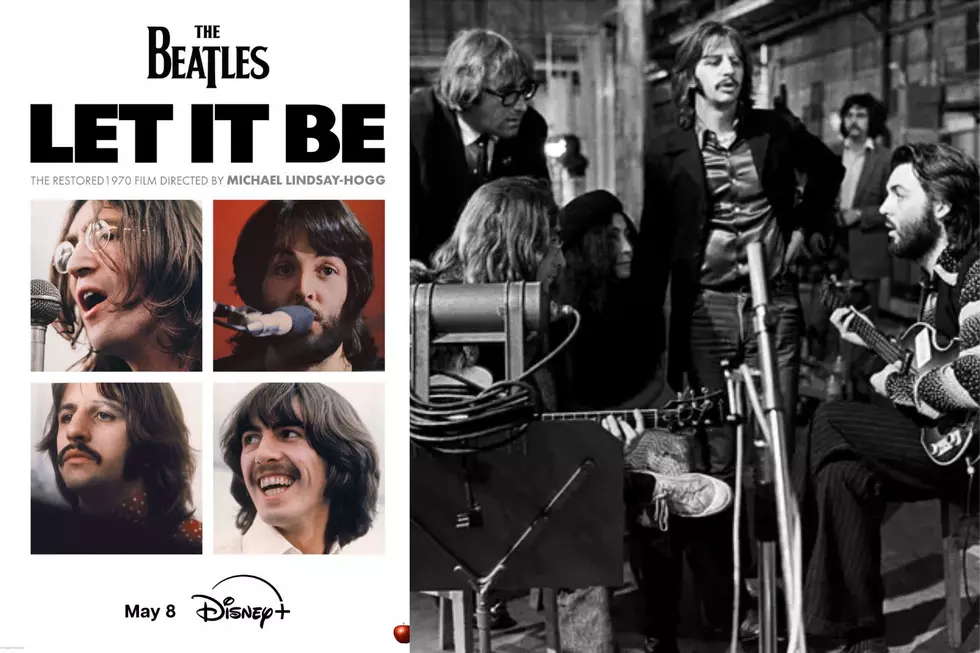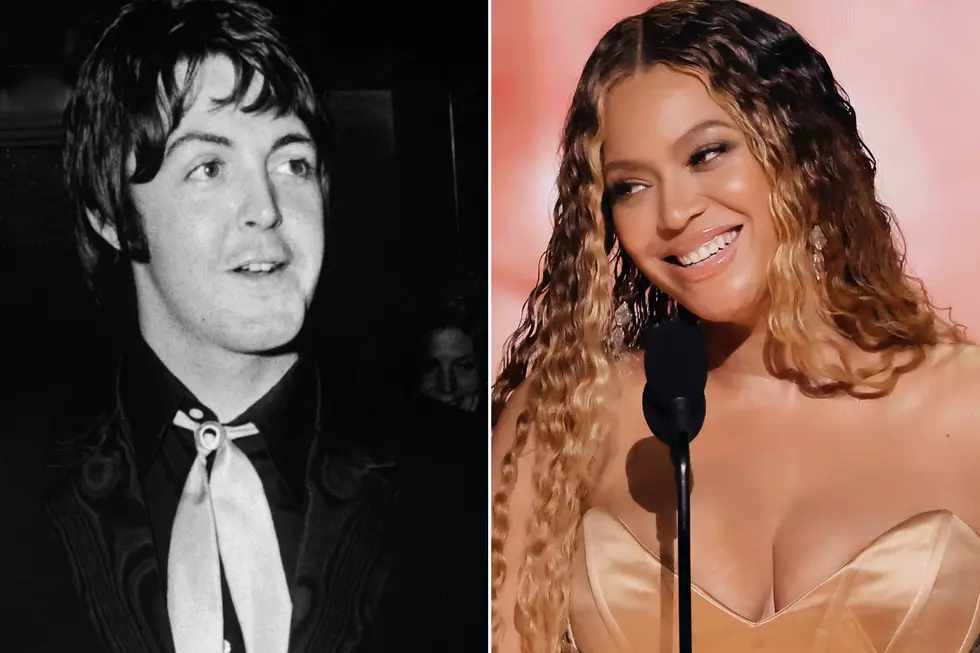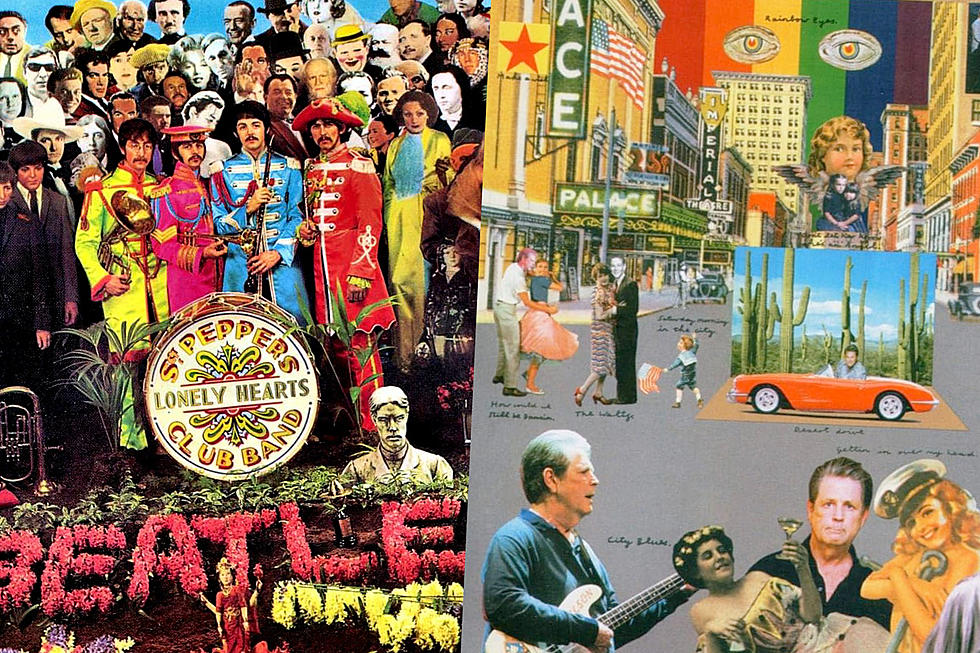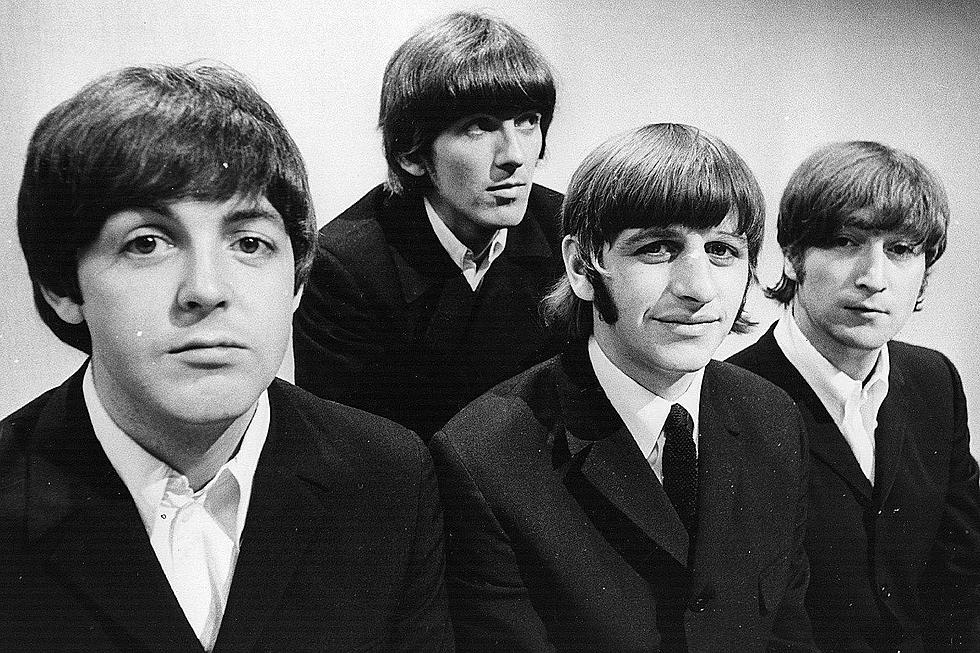
When the Beatles Argued for Legalization of Marijuana in the U.K.
The debate over marijuana legalization doesn't seem likely to end anytime soon. If and when it's ever decriminalized on a national level, however, enthusiasts should toke up in honor of the Beatles since they publicly came out in favor of it way back in the '60s.
The band members and manager Brian Epstein were all among the signatories when 64 of Britain's best and brightest were rounded up to urge discussion of the issue by taking out a full-page ad in the London Times on July 24, 1967, as noted by the Beatles Bible. Prompted by the arrest of acclaimed photographer and International Times founder John Hopkins — and his subsequent nine-month sentencing for possession — the group sought to call attention to what they deemed an unnecessarily harsh public policy.
Arguing that marijuana is "the least harmful of pleasure-giving drugs, and ... in particular, far less harmful than alcohol," the ad said: "Cannabis smoking is widespread in the universities, and the custom has been taken up by writers, teachers, doctors, businessmen, musicians, scientists and priests. Such persons do not fit the stereotype of the unemployed criminal dope fiend."
None of the Beatles were in attendance at the meeting where the plan for the ad was hatched, but their signatures weren't offered without thought. In fact, Paul McCartney ultimately ended up footing the bill after meeting personally with a pair of the group's leaders. He hoped in vain to have his financial support kept a secret, yet fears of a public backlash directed at the group proved unfounded.
The ad proved unsuccessful in terms of legalizing marijuana in the U.K., though its publication did spark public discussion, which was eventually followed by some small but meaningful changes in the country's drug laws. Rather than 10-year maximum for possession of cannabinoids, citizens now face five years. Meanwhile, Hopkins was recognized as one of the country's leading counterculture figures, rather than the "menace to society" the judge deemed him during his trial.
Beatles Albums Ranked
More From Ultimate Classic Rock









